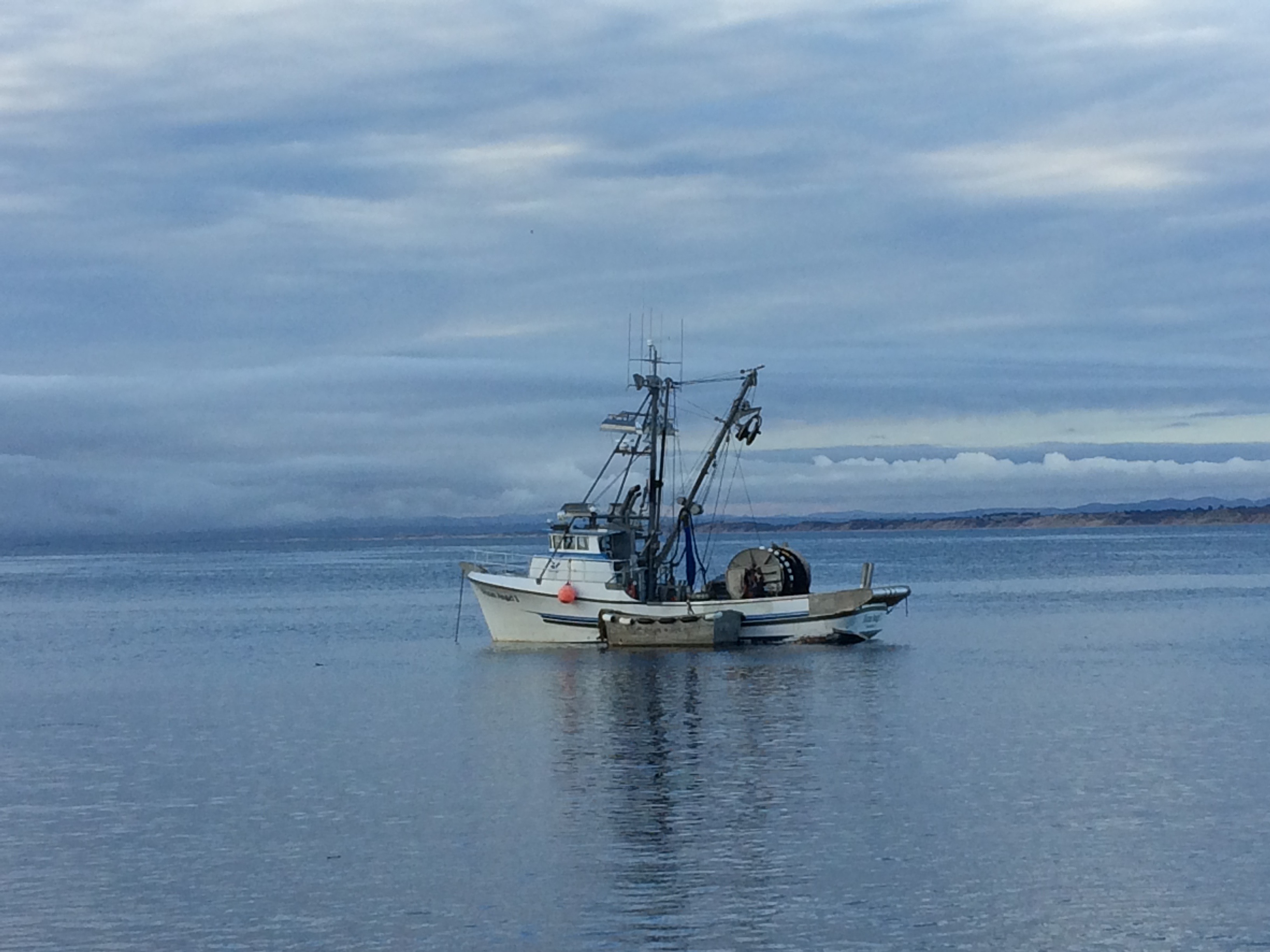Fishing for Big, Sustainable Returns

by Alexandra H. Jostrom, MBA ‘16

Developing investor engagement in the global sustainable seafood industry.

Did you know that over half of global seafood for consumption comes from aquaculture, also known as fish farming, a near $150 billion industry? Or, how about that 90% of seafood consumed in the US is imported; yet, only 1-2% is inspected? Yes, this was all news to me too.
These are some of the countless insights that I am learning about the seafood industry through my internship as a Packard Environment Fellow working at Manta Consulting for the Fish 2.0 business competition.
Fish 2.0, established in 2013, is a non-profit organization that facilitates investment in the sustainable seafood industry through a competition that works with businesses from around the world. This year’s competition received over 170 entries that range from start-ups to organizations with at least 3 years of revenue generation. Each day, there is new information to uncover and share with the investor community to develop the sustainable seafood industry, which is integral to commerce and nutrition worldwide.
The focus of my internship is to cultivate engagement with investors, both familiar and new to sustainable seafood, by composing market reports that discuss growing areas for investment. Opportunities range from impact investments in Pacific Island community fisheries to venture investments for financing multimillion-dollar land-based aquaculture systems. Regardless of where these businesses lie on the spectrum of scale or maturity, a key criterion for each competitor in Fish 2.0 is to demonstrate how it makes a valuable impact on society, be it economic, community, environmental, etc.
Shared value, defined as identifying and addressing social problems that intersect with business to create value, is an important concept to help businesses successfully compete in our ever globalizing society. A sustainable method of generating financial returns alongside intentional impact is the approach that business must take in order to create value against a backdrop of growing populations, declining resources, and changing climate conditions.
It is not easy to operate sustainably – it takes courage, compassion and commitment to values beyond the bottom line. However, sustainability does pay off, in both the short and long-term. Innumerable case studies and surveys demonstrate that if a business is attuned to environmental, social and governance issues (ESG) and invests in its communities and stakeholders, it will garner increased returns, and in many cases, outperform its peers. This understanding of the inter-relationship between sustainability and performance is catching on in the financial services sector: for example, the proliferation of ESG metrics throughout asset management, international commitment from over 1,380 firms to the UN Principles of Responsible Investing (UN PRI), and a near doubling of socially responsible investment assets in the US to $6.6 trillion from 2012 to 2014.
As an investor and a conservationist, it is important for me to encourage more education about a sustainable approach to business and the benefits it can generate for so many stakeholders. If one were to consider investment returns as getting a slice of cake, in my mind, sustainable investing is about baking a bigger cake and thus realizing a bigger piece.
During this internship at Manta Consulting with Fish 2.0, I have appreciated first hand how businesses are working to evolve an industry that is acutely impacted by the aforementioned global shifts of population, resources and climate. It is inspiring to see how these businesses seek to innovate and change sustainable seafood, one step at a time. The ocean and seafood connect us all – our ancestors of eons ago came from the sea and humans have been consuming its bounties since our existence began. Our stewardship and conservation of the ocean and its inhabitants is imperative to the global community’s ability to thrive.
Please follow the links here for more information on the Fish 2.0 Business Competition and the Fish 2.0 Market Reports: Investor Updates on Sustainable Seafood.
